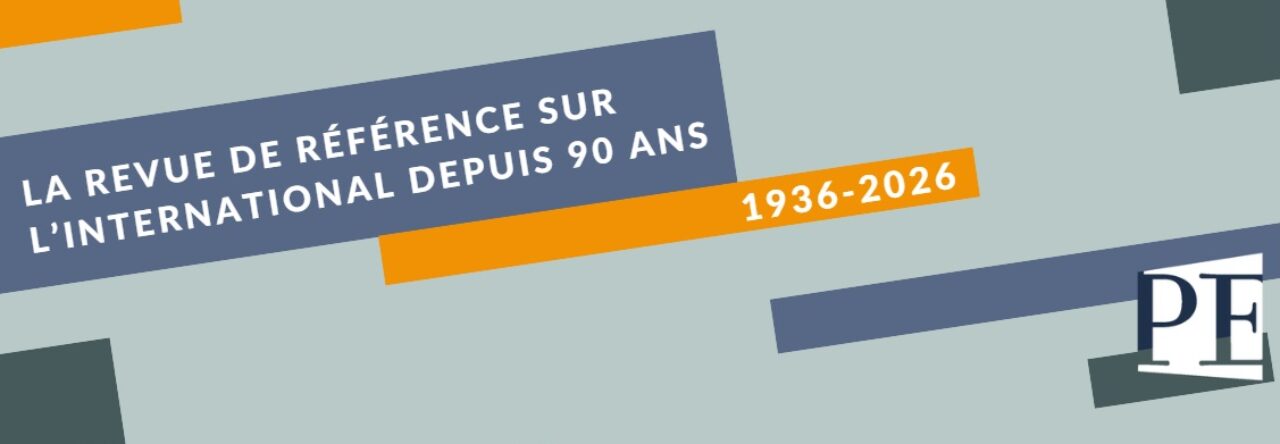This article is the English version of Martin Briens and Thomas Gomart, « Comment préparer 2050 ? De la « prévoyance » à la « grande stratégie » », published in Politique étrangère, Vol. 87, Issue 4, 2021.

“Nothing is more necessary in governing a state than foresight, since by its use one can easily prevent many evils which can be corrected only with great difficulty if allowed to transpire,” observed Cardinal Richelieu, adding that “it is more important to anticipate the future than to dwell upon the present, since with enemies of the state, as with diseases, it is better to advance to the attack than to wait and drive them out after they have invaded.” This evident but often forgotten truth points to the need for France to rethink its foresight systems, amid a strategic acceleration that is making long-term planning a matter of urgency.




![Citation de l'article "L'euro, 30 ans après Maastricht et 10 ans après le drame grec" de Jean-Marc Daniel (p.91) paru dans Politique Étrangère n° 4/2021. "Un peu plus de 30 ans après le sommet de Maastricht, 20 ans après l'introduction de l'euro fiduciaire, 10 après whatever it takes de Mario Draghi et la signature du TSCG, l'euro s'apprête à devenir la devise d'un vingtième pays. [...] Mais les objectifs que s'étaient donnés la France et l'Allemagne [...] semblent lointains, pour ne pas dire oubliés, et les tensions au sein de la zone euro sont de plus en plus palpables."](https://i0.wp.com/politique-etrangere.com/wp-content/uploads/2023/01/cit_jmdaniel.png?resize=629%2C350&ssl=1)
Vous devez être connecté pour poster un commentaire.